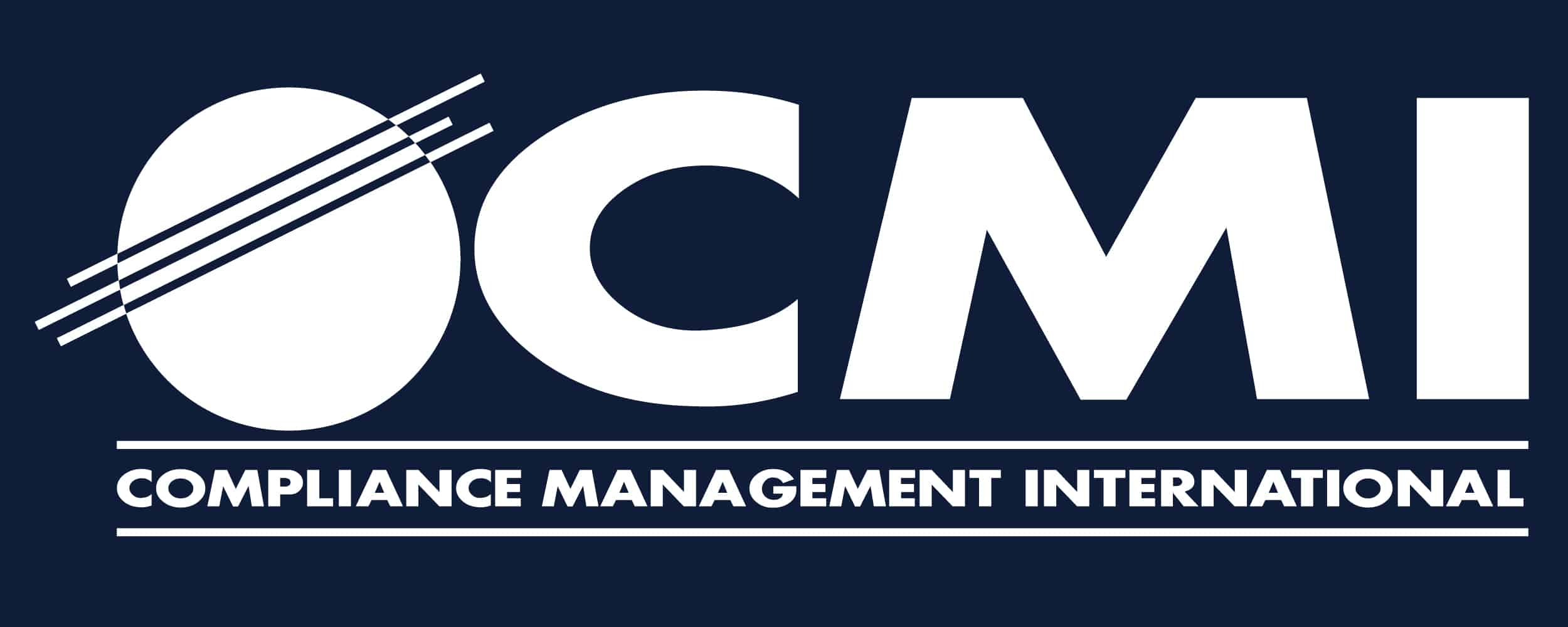
Back in December 2018, the Pennsylvania Environmental Quality Board proposed changes to amend Chapter 121 which relates to general provisions for air permitting as well as revisions to Subchapter F and I, both relating to operating permit requirements, plan approval, and operating permit fees.
The rulemaking increases the permit fees to address the disparity between revenue and expenses for the PADEP’s Air Quality Program and will effectively amend the existing requirements in Subchapter F and existing air quality plan approval and operating permit fee schedules in Subchapter I.
The increase in fees will cover the PADEP costs associated with implementing the air pollution control plan approval and operating permit process required under the Clean Air Act (CAA) and Air Pollution Control Association (APCA) to attain and maintain the National Ambient Air Quality Standards (NAAQS) for air pollutants including:
- Ozone
- Particulate Matter
- Lead
- Carbon Monoxide
- Nitrogen Dioxide, and
- Sulfur Dioxide
Controlling air pollutant emissions is essential to protecting public health and the environment.
In recent years, the PADEP has seen a decline in revenue due to emissions reductions at major facilities. This shortfall led many agencies to re-evaluate their fee structures, the PADEP among them. The PADEP currently regulates regulates about 500 Title V and 2,100 Non-Title V facilities in the Commonwealth. The increased fees ensure necessary financial support to continue the air quality plan approval application and operating permit process and include initiatives to protect public health and welfare of approximately 12.8 million residents of the Commonwealth and the environment. Timely issuance of permits for the regulated community will also be ensured.
Due to 40 CFR 70.10(b) and (c), the Environmental Protection Agency ( EPA) may withdraw approval of a Title V Permit Program, in whole or in part, if the state or local agency has not taken “significant action to assure adequate administration and enforcement of the program” within 90 days after the issuance of a notice of deficiency (NOD). The EPA then has the right to take on the permit program, and all fees would be paid to the EPA, at their fee structure, and not the PADEP.
Compliance Management International has over 25 years experience with air permitting and the requirements for major and nonmajor sources within the Commonwealth. Call us to learn more.
